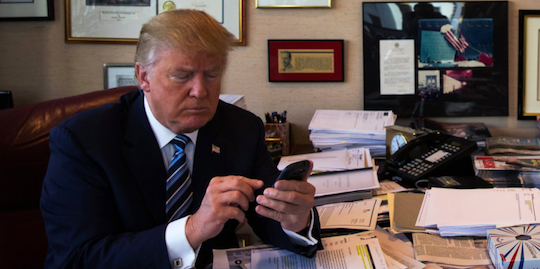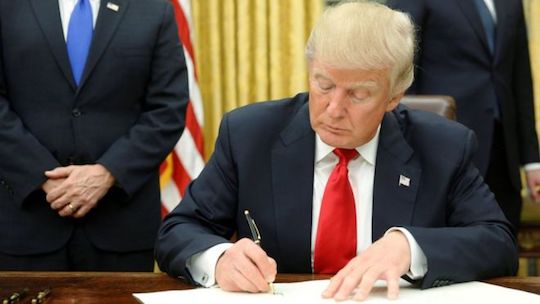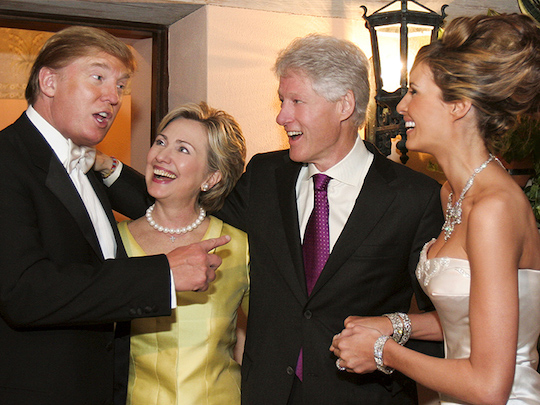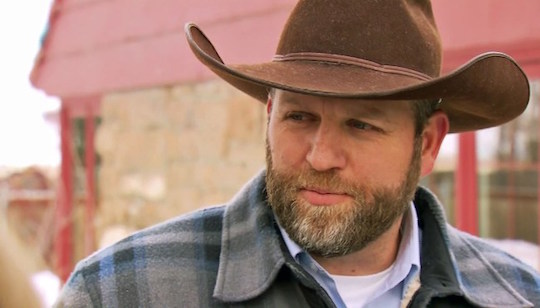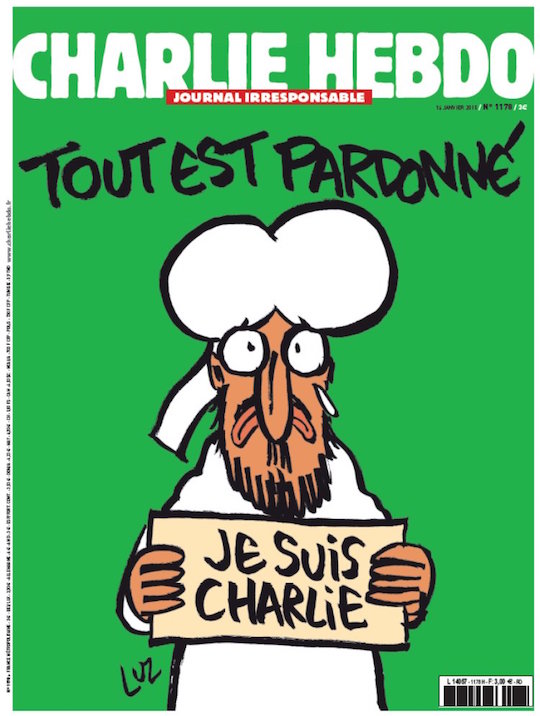Remember a few months ago when we said Combat! blog wasn’t going to be about politics anymore? That was before a cartoon character got elected president. Not the good kind of cartoon character, either—Donald Trump is like a character in one of those nineties cartoons where everyone is bored and sarcastic. He’s the guy who doesn’t move the plot forward but says what we’re all thinking, i.e. what a marketing team thinks children are thinking. In that vein, the President of the United States executed a “not” joke on Twitter yesterday:
Give the public a break – The FAKE NEWS media is trying to say that large scale immigration in Sweden is working out just beautifully. NOT!
— Donald J. Trump (@realDonaldTrump) February 20, 2017
Although he does not play the “not” joke strictly according to Hoyle, this tweet is a significant achievement. He manages to make “not!” into a Trumpian exclamation. But there’s a lot of other stuff going on, too, and that’s why this tweet is the subject of today’s Close Reading.

